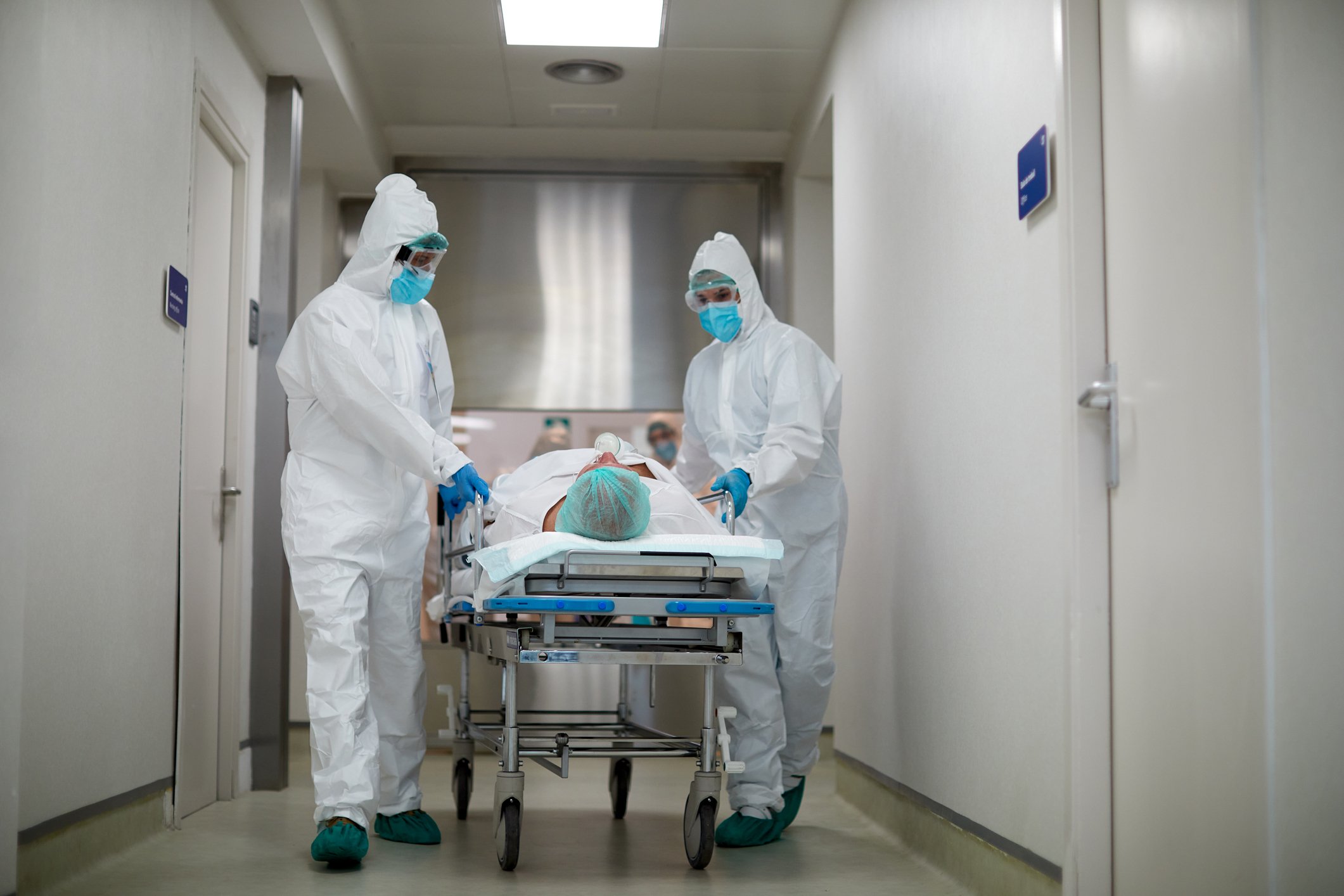Becton, Dickinson (BDX 1.47%) recovered from a slow first half to its fiscal year to hit its 2019 revenue goals in the third fiscal quarter. Not everything is going perfectly for the company, but its large size -- substantially larger after the acquisition of C.R. Bard -- gives it plenty of opportunities to have growth in other areas to make up for the laggards.
BD results: The raw numbers
|
Metric |
Q3 2019 |
Q3 2018 |
Change (Decline) |
|
Revenue |
$4.35 billion |
$4.28 billion |
1.7% |
|
Income from operations |
$626 million |
$512 million |
22.2% |
|
Earnings per share (EPS) |
$1.51 |
$2.03 |
(25.6%) |
|
Adjusted EPS |
$3.08 |
$2.91 |
14.8% |
Data source: Becton, Dickinson.
What happened with BD this quarter?
- Revenue would have been up 5.7% on a comparable, currency-neutral basis.
- Sales in the medical segment grew 2.9% on the back of medication management solutions and pharmaceutical systems.
- The life sciences division was down 2% year over year, although on a comparable, currency-neutral basis, sales would have been up 5.4%. Leading the way were double-digit growth for its automated real-time PCR system called BD MAX and its microbiology solutions for identifying antibiotics that bacteria are susceptible to.
- The interventional segment saw sales increase by 2.9% in the quarter. As management warned last quarter, sales of drug-coated balloons were down 50% following a Food and Drug Administration warning about the entire class of drug devices. Fortunately, they only make up about 1% of the total business, so the 50% drop doesn't affect overall revenue all that much.

Image source: Getty Images.
What management had to say
CEO Vincent Forlenza talked about how the trade war isn't hurting sales in China, where revenue is growing by double digits:
Our experience through this whole situation with what's going on with trade has been that they've been keeping very separate what's happening in healthcare versus what's happening on to trade side. And I think that reflects, No. 1, a strategic priority to continue to develop the healthcare system in this environment. And that's what we hear from the [Chinese] Ministry of Health. And in fact, more recently over the past six months, we've had conversations where they've explicitly told us that. So that's the first part of it. The second part of it is, we had our team in here, and the China healthcare system is now better funded than it was a year ago or three years ago, and so there's some positive momentum going on in China as the rest of the economy slows down, and I think is important to them. And then thirdly, we are really well positioned with the portfolio in the organization that we have in China. And it's not just the fact of our commercial organization, but it's what we do in terms of investing in China.
During the quarter, BD paid down about $450 million of the debt it took on to buy Bard, but CFO Christopher Reidy pointed out that won't last much longer, opening up opportunities:
We throw off a lot of cash. We happen to be using it to pay down $6 billion of debt. But at the same time, when that is done, which is within the next year, we will have a lot of cash to allocate, and we started giving some sense of that. We'll be talking more about that as we move on. But again, it gets back to what Vince said, we're not going to let it build up in the balance sheet. We are going to be more active in tuck-in [mergers and acquisitions] across the whole portfolio and likely to start going back to share buybacks, once we start building up the cash balances and have gotten down to that three times leverage.
Looking forward
Management reaffirmed 2019 guidance for revenue to increase by 5% to 6% on a comparable, currency-neutral basis. Adjusted EPS is expected to grow faster at about 12% on a currency-neutral basis, or 6% to 7% factoring in the currency changes. The bottom-line growth will come from cost synergies through the Bard integration, which are expected save the company $100 million this fiscal year.





